The AMD Ryzen Threadripper 3960X and 3970X Review: 24 and 32 Cores on 7nm
by Dr. Ian Cutress, Andrei Frumusanu & Gavin Bonshor on November 25, 2019 9:05 AM ESTTest Bed and Setup
As per our processor testing policy, we take a premium category motherboard suitable for the socket, and equip the system with a suitable amount of memory running at the manufacturer's maximum supported frequency. This is also typically run at JEDEC subtimings where possible. It is noted that some users are not keen on this policy, stating that sometimes the maximum supported frequency is quite low, or faster memory is available at a similar price, or that the JEDEC speeds can be prohibitive for performance. While these comments make sense, ultimately very few users apply memory profiles (either XMP or other) as they require interaction with the BIOS, and most users will fall back on JEDEC supported speeds - this includes home users as well as industry who might want to shave off a cent or two from the cost or stay within the margins set by the manufacturer. Where possible, we will extend out testing to include faster memory modules either at the same time as the review or a later date.
| Test Setup | |
| AMD TR3 | Threadripper 3970X Threadripper 3960X |
| Motherboard | ASUS ROG Zenith II Extreme (BIOS 0601) |
| CPU Cooler | Thermaltake Riing 360 CLC |
| DRAM | Corsair Dominator Platinum RGB 8x8 GB DDR4-3200 |
| GPU | MSI GTX 1080 Gaming 8G |
| PSU | Corsair AX860i |
| SSD | Crucial MX500 2TB |
| OS | Windows 10 1909 |
For our motherboards, we are using the latest firmware. It should be noted that our Intel tests do not have the latest Intel security updates for JCC and others, as the motherboard vendors for the models we used have not implemented them yet.
The latest AMD TR3 benchmarks were run by Gavin Bonshor, while I attended Supercomputing in Denver last week. Unfortunately both Intel and AMD decided to sample processors before the annual trade show conference, with launches only a couple of days after the show finished. As a result, our testing has been split between Gavin and myself, and we have endeavored to ensure parity through my automated testing suite.
Also, our compile test seems to have broken itself when we used Windows 10 1909, and due to travel we have not had time to debug why it is no longer working. We hope to get this test up and running in the new year, along with an updated test suite.
We must thank the following companies for kindly providing hardware for our multiple test beds. Some of this hardware is not in this test bed specifically, but is used in other testing.


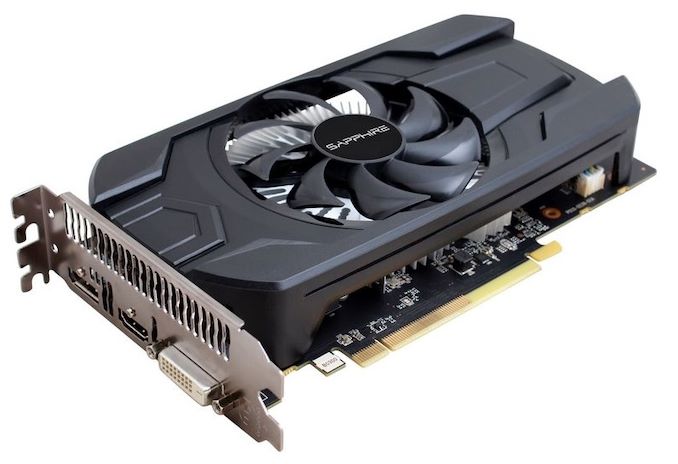
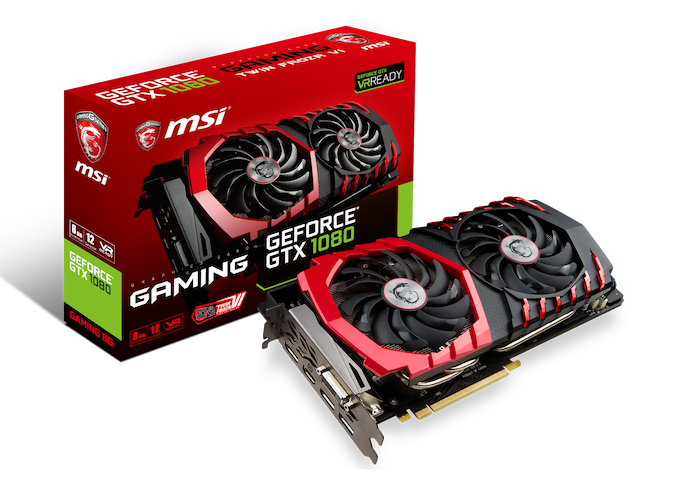
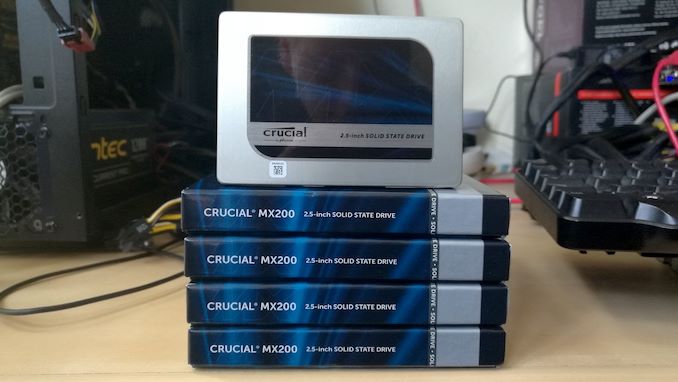
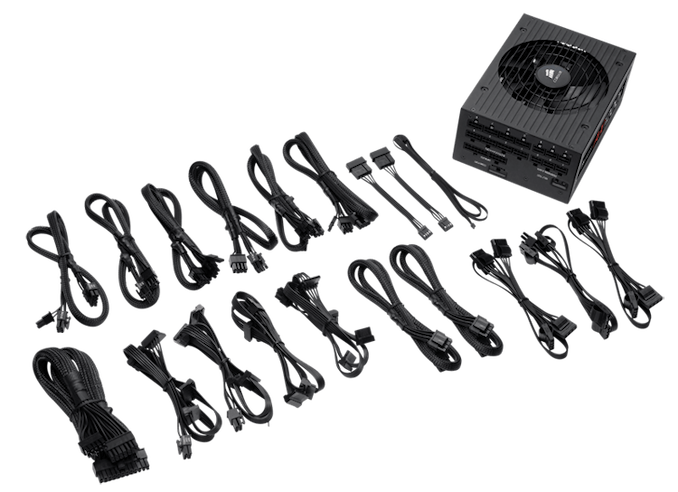
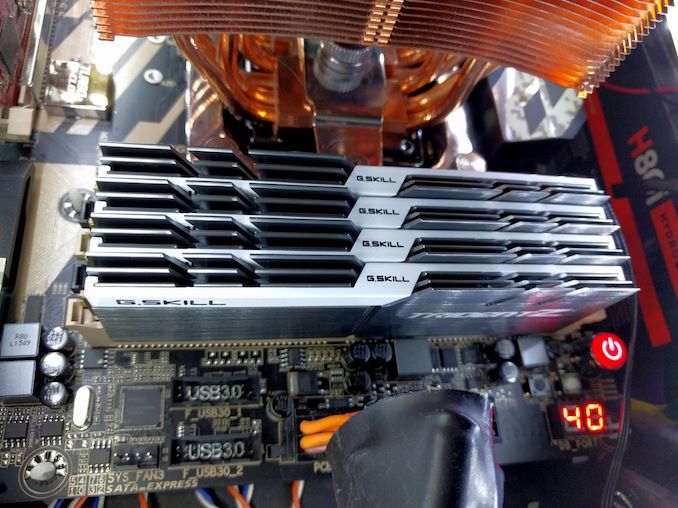
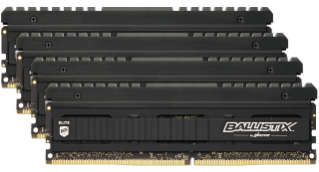
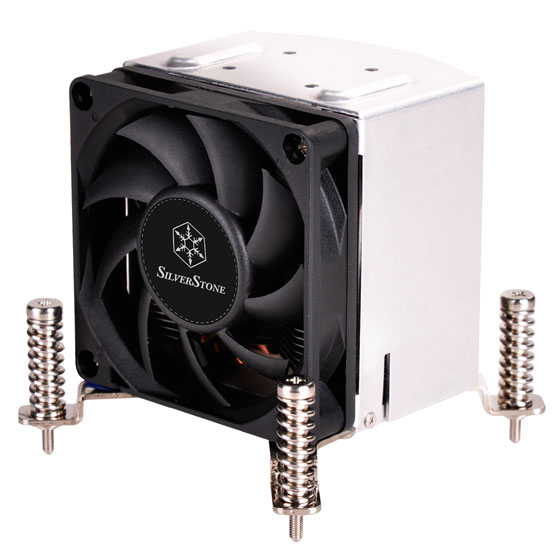
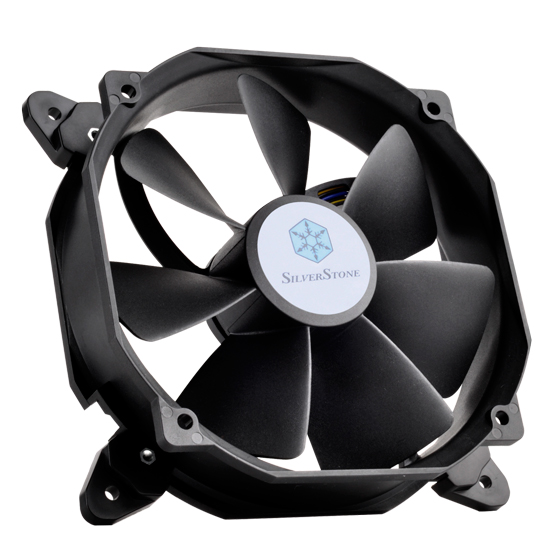








245 Comments
View All Comments
mazz7 - Monday, November 25, 2019 - link
I really thought that Anandtech viewers are smarter than others, but then i see the comments, I am really wrong about that ;pmartixy - Monday, November 25, 2019 - link
The amount of happy this makes me...Also, I'm glad to see y-cruncher in the test suite. It's been my goto power virus/perf benchmark since around the 0.5 versions.
boltcranck - Tuesday, November 26, 2019 - link
World of Tanks enCore is outdated, you should benchmark with the WoT enCoreRTwolfesteinabhi - Tuesday, November 26, 2019 - link
there us a cositant typo at several places .... 3960X is typed as 3950XTorrijos - Tuesday, November 26, 2019 - link
It would be interesting to present all the benchmarks in 2 graphs... The raw results, and then Bench/$.In order to have an idea of the financial benefits.
CraigIsSatoshiBsvIsBitcoin - Tuesday, November 26, 2019 - link
Looking forward to picking up a 64 core CPU for $200 in a couple of years..peevee - Tuesday, November 26, 2019 - link
Don't hold you breath. Well, maybe 64 in-order RISC cores. Not the same at all.liquid_c - Tuesday, November 26, 2019 - link
Gotta love how many people praise AMD and sh*t on Intel for this but just as many seem to forget that when AMD was in Intel’s place, they overcharged *way* more than Intel did / does. As a matter of fact, the 32c/64t gen3 TR costs 200$ more than last gen’s similar offering. The second AMD felt they caught a gust of wind, they slowly started inflating prices.I’m all for competition and i would love it if both Intel and AMD had some sort of control over final pricing (in my country, the 3900x costs ~700$...) but i have this distinct feeling that if things continue at this pace, AMD will become Intel 2.0, pricing and milking wise.
Bottom line - neither of the two are truly consumer friendly but memories fade and time tells its story at a slow pace.
M O B - Tuesday, November 26, 2019 - link
AMD isn't in Intel's place, and the last time there were (2003), they didn't overcharge.As for selling a 32-core CPU for $2000 on a brand new process node that also offers ECC, PCIe 4.0, and is 100W under the closest competitor--that isn't a position Intel has been in before. Even in 2012 Intel wasn't destroying the competition so utterly in single-core, multi-core, node, and feature-set at virtually ever price point.
What Intel will sell you is a 3 year old process node for $2000 like they did for the last 2 years. Rest assured that if Intel was in AMD's shoes right now that 32-core would be $3,000 and not have ECC support.
Plus, AMD has a $750 16-core that is plenty for the enthusiast market. This is truly a workstations CPU.
Xyler94 - Tuesday, November 26, 2019 - link
And Intel gets a pass on the 28 core overclocked Xeon that is priced at almost 4K?Listen, everyone wants to pay nothing for their products. But this chip isn't exactly cheap, and AMD is giving a heck of a deal on a processor Intel can't hope to make with their current processes. Remember that AMD's 64 core behemoth of a CPU only costs 7k, while Intel charges 10K for... 28 cores.